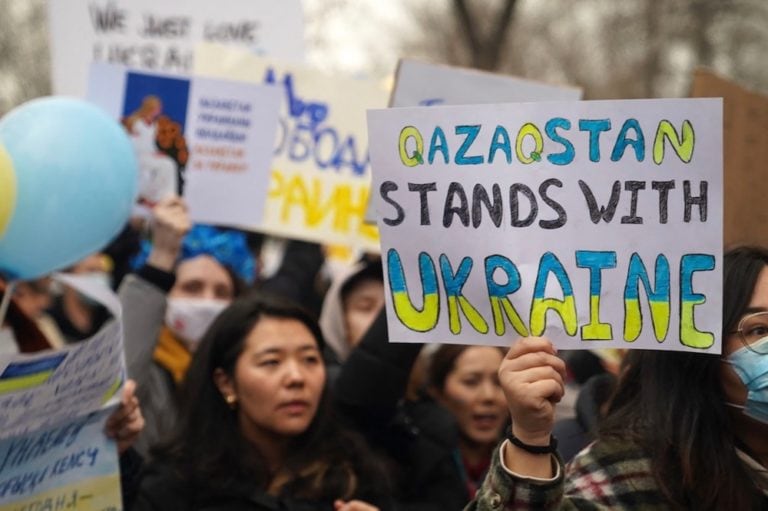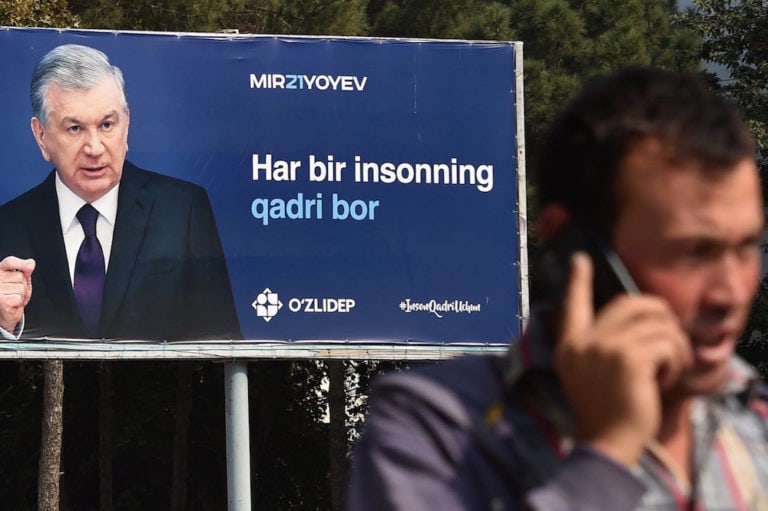(Adil Soz/IFEX) – On 14 June 2007, a civil court in Samarkand delivered a ruling obliging human rights defender Kamilzhon Ashurov to pay 1 million som (approx. US$820) to both Rustam Sadykov, head of Samarkan printing press, and Shavkat Abdullayev, head of the human rights committee, who had filed defamation lawsuits against Ashurov. The defamation […]
(Adil Soz/IFEX) – On 14 June 2007, a civil court in Samarkand delivered a ruling obliging human rights defender Kamilzhon Ashurov to pay 1 million som (approx. US$820) to both Rustam Sadykov, head of Samarkan printing press, and Shavkat Abdullayev, head of the human rights committee, who had filed defamation lawsuits against Ashurov.
The defamation lawsuits were filed on 11 June after the publication of his spring 2007 article, entitled “Now are such times in Uzbekistan.” In his article the human rights defender expressed doubt about whether Uzbekistan President Islam Karimov had a right to continue in office beyond the period stipulated in the Constitution, since his seven-year term had ended on 22 January 2007. In addition to expressing such a critical opinion, he used materials from his 2002 sociological research, including interviews with the plaintiffs. In their lawsuits, both plaintiffs denied that they had given the information attributed to them.
Another plaintiff, Yekaterina Nurmatova, who was reported to have a good relationship with the journalist, has also decided to start retracting what she previously said and accusing the journalist of defamation. Furthermore, she admitted that since March 2007, National Security Service officers have regularly visited her to force her to denounce the journalist’s report and to sue the journalist.
Ashurov states that the court proceedings against him have to be considered a continuation of the campaign carried out by the Uzbek authorities against human rights defenders, and as indicative of their intolerance toward freethinkers, independent voices and others who offer resistance to the government’s arbitrary decisions.
“It seems like it is my turn now,” said Ashurov.
“We consider this court order to be a clear freedom of expression violation. Due to the fact that their interviews were cited in his research five years ago, and until now they had not filed any complaints against, nor formally expressed their reservations to, the journalist, we can suspect here their veiled motive for trying to silence the journalist,” said Adil Soz’s assistant president, Yelena Malygina.


